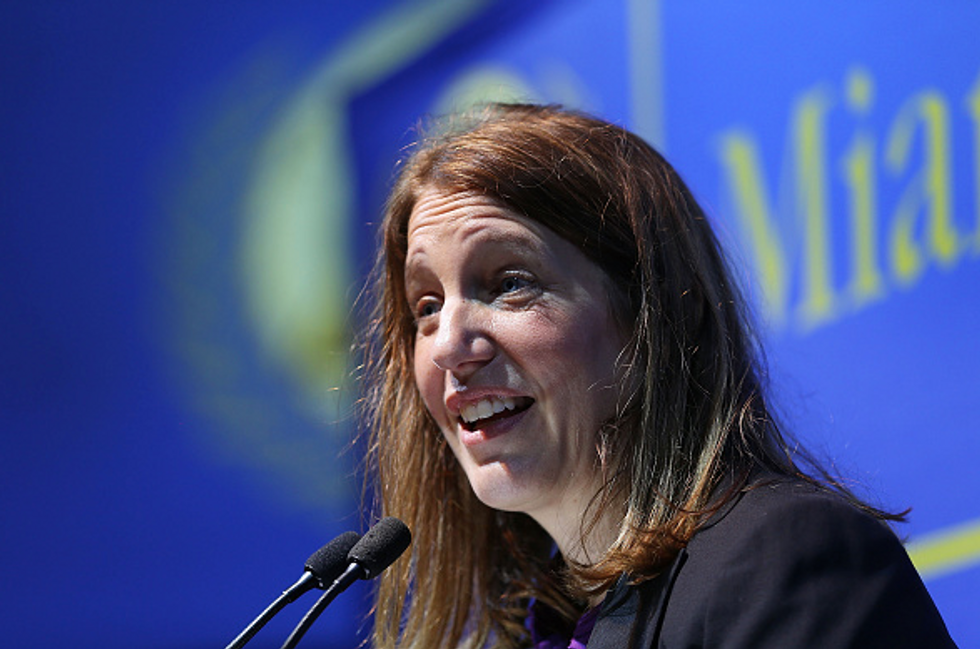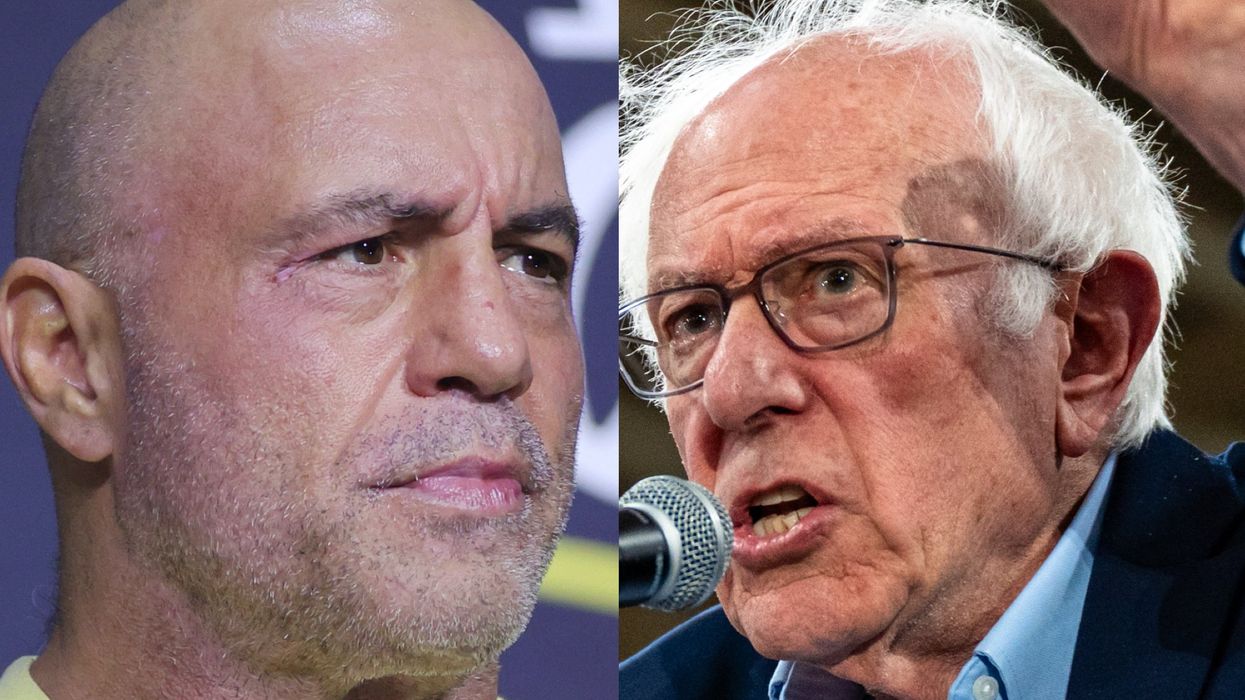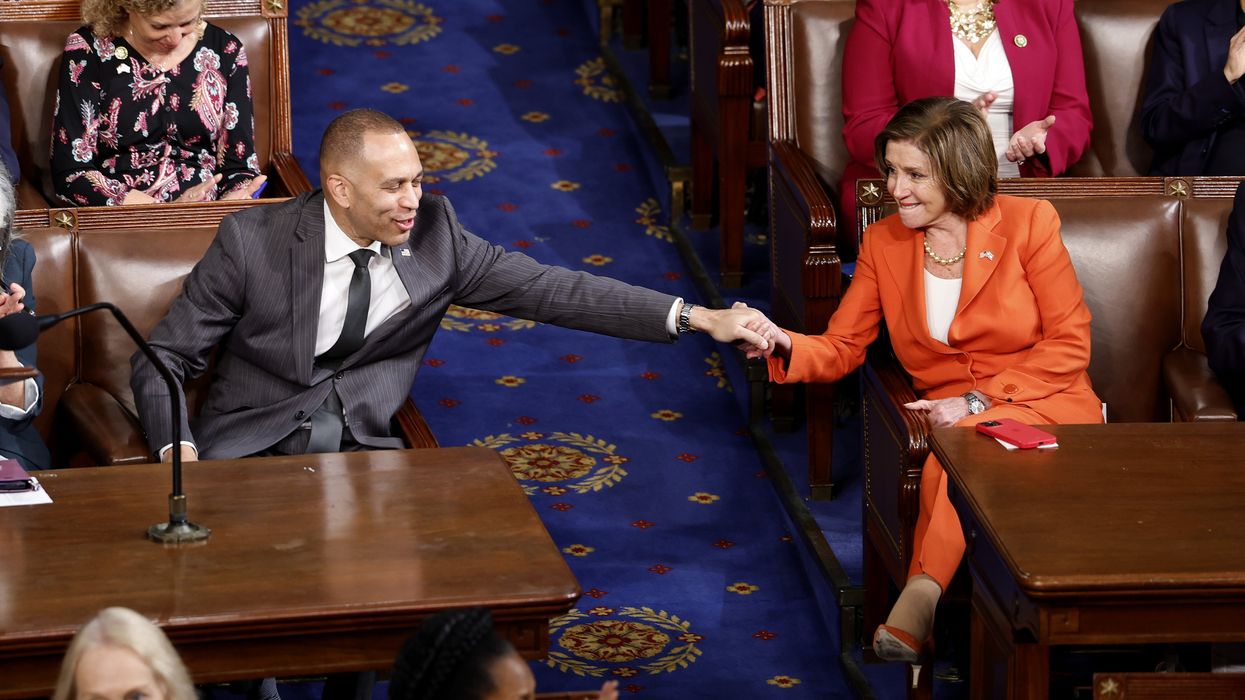Reflecting public concern about rising health insurance costs, the Obama administration is holding a forum on high prescription drug prices Friday, prompting fears of price fixing on medications.
A report from Alliance for the Adoption of Innovations in Medicine, released to coincide with the forum, contends that the administration is targeting the wrong industry at a time when health insurance companies are raking in high profits while expecting more federal subsidies through Obamacare.
“There is a knee-jerk reaction to what is really two bad actors in the pharmaceutical industries, and no leaders are talking about the bad actors in the insurance industry,” Stacey Worthy, public policy director for the Alliance for the Adoption of Innovations in Medicine, told TheBlaze.
 Health and Human Services Secretary Sylvia Burwell speaks to the media Wednesday during a visit to Miami Dade College to discuss the open enrollment period for the Affordable Care Act. (Joe Raedle/Getty Images)
Health and Human Services Secretary Sylvia Burwell speaks to the media Wednesday during a visit to Miami Dade College to discuss the open enrollment period for the Affordable Care Act. (Joe Raedle/Getty Images)
The Forum on Pharmaceutical Innovation, Access, Affordability and Better Health, being held Friday at the Department of Health and Human Services in Washington, is set to bring industry leaders and consumer advocates together. While the HHS' press release on the event doesn’t specifically mention price fixing, it does mention “strategies” for lowering prices and increasing access.
“During the forum, we will hear from a broad range of stakeholders on opportunities to improve patient access to affordable prescription drugs, develop innovative purchasing strategies and incorporate value-based and outcomes-based models into purchasing programs in both the public and private sectors,” the HHS press release said. “We acknowledge this is a multi-faceted problem with no one solution, but there is a significant benefit — to all of us — of working together to find a solution.”
Pointing out two "bad actors" regarding drug pricing — Turing Pharmaceuticals, which was blasted this fall for a 5,000 percent price hike on Daraprim, the only approved treatment for a life-threatening parasitic infection, and Valeant Pharmaceuticals, which came under fire for raising the prices for several of its drugs, including a more than 500 percent increase on a popular heart medication — Worthy said she is concerned the forum will focus only on prices and not look at the bigger picture of what's causing health insurance costs to rise steadily.
Citing recent problems, the organization's report details how California’s Blue Cross and Blue Shield lost any tax exempt status in the state for making $4 billion, much of which was put into reserves, while boosting pay for executives.
The report, citing Blue Cross in Tennessee and Aetna, both of which piled up massive profits while expressing the need for increased subsidies, said it’s an industry-wide practice for the insurance market to hide profits in order to press for greater government assistance.
“Price controls for the entire pharmaceutical industry would interfere with supply and demand and there would be less funding for research and development,” Worthy said, adding that the price of drugs often reported in the news is incorrect because those prices are typically negotiated downward between the insurance and dug companies.
An insurance industry group, however, contends that drug makers are driving the insurance premiums upward through the high cost of medicines.
“Drug makers are desperately trying to shift the blame for soaring pharmaceutical costs,” American Health Insurance Plans spokeswoman Clare Krusing said in a statement.
Krusing said the drug industry wants to divert attention from its problems.
“One way to do that is by talking about insurance coverage — a convenient way to hide behind unjustified, unchecked pricing power,” she said. “Rather than owning the fact that their prices are pushing consumers’ premiums higher and higher, drug companies respond by imposing price controls on health plans so they can charge whatever they want for their drugs — a move that will only lead to higher costs across the board.”

 Health and Human Services Secretary Sylvia Burwell speaks to the media Wednesday during a visit to Miami Dade College to discuss the open enrollment period for the Affordable Care Act. (Joe Raedle/Getty Images)
Health and Human Services Secretary Sylvia Burwell speaks to the media Wednesday during a visit to Miami Dade College to discuss the open enrollment period for the Affordable Care Act. (Joe Raedle/Getty Images)





